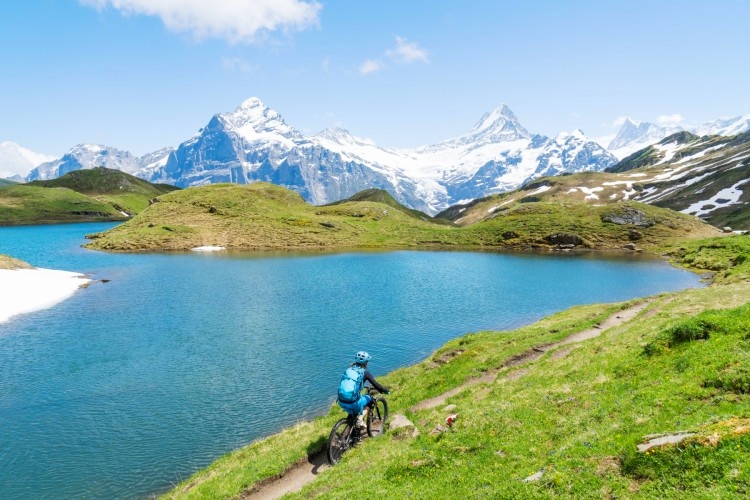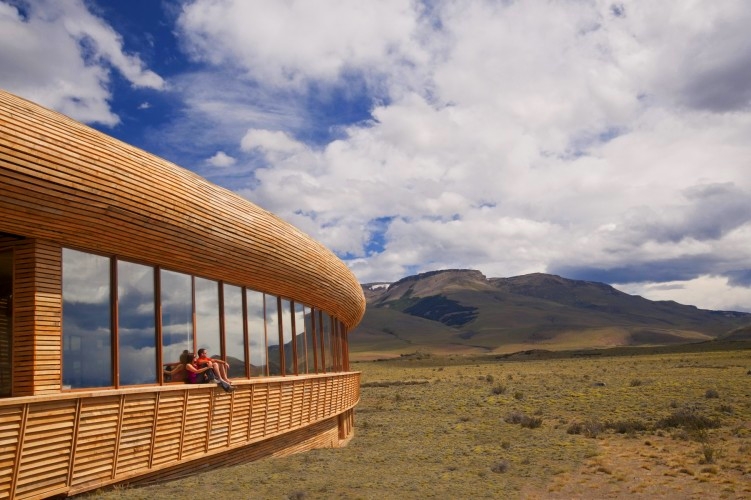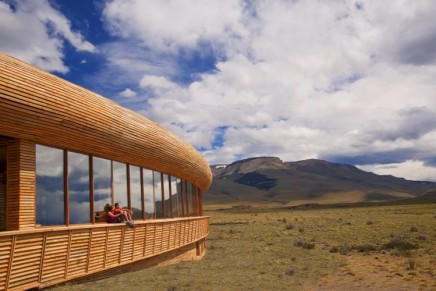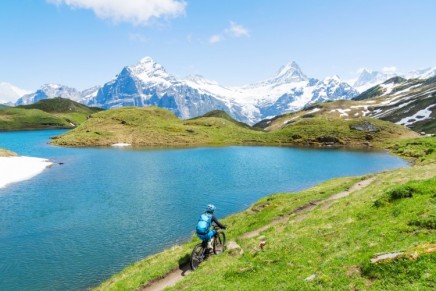Nearly half (45%) of U.S travelers report being more determined to make sustainable travel choices than they were a year ago, but barriers include a lack of knowledge and available or appealing options when trying to put this into practice. These are the key findings from Booking.com 2019 Sustainable Travel Report, released by the world’s leading digital travel platform, to mark the Earth Day on April 22nd.
Research reveals almost two thirds (66%) of U.S travelers and 55% of global travelers believe that people need to act now and make sustainable travel choices to save the planet for future generations.
“This is the fourth consecutive year that Booking.com has commissioned its sustainable travel report and it’s heartening to see the sustainable travel motivations and intentions amongst travelers, though it’s clear that complex challenges continue to exist when it comes to fully realising these,” says, Pepijn Rijvers, SVP & Head of Accommodation at Booking.com.
Despite the best intentions, it’s not all plain sailing for would-be green travelers. The common barriers travelers face when making sustainable travel choices are: (% of U.S respondents who agree)
- I do not know how to make my travel more sustainable (40%);
- Although I do see options to travel more sustainably, other options tend to appeal more (41%);
- I cannot afford the extra expenditure of sustainable travel (40%);
- My agenda constraints me in the sustainable choices I can make (36%);
- Sustainable travel destinations appeal to me less than other destinations (41%);
- I understand what I can do to travel more sustainably (43%);

biking; photo source: booking.com
Travel companies have an important role to play, as the demand for sustainable stays is growing in popularity. With almost two thirds (64%) of U.S travelers intending to stay at least once in an eco-friendly or green accommodation when looking at the year ahead.
While results were relatively consistent across ages, almost three-quarters (74%) of 46-55-year-olds believe most strongly that this is needed, followed by Millennials at 71%. The views expressed by travelers across the world are timely, considering the special report that the UN Intergovernmental Panel on Climate Change (IPCC) issued in 2018, which asserts that the world has just over a decade to restrict global warming to 1.5°C above pre-industrial levels, beyond which the risk of floods, droughts, and extreme heat will significantly worsen.
Research results also indicated that travelers would be more encouraged to travel sustainably if there were economic incentives offered, such as tax breaks, when choosing eco-friendly options (46%). This is closely followed by online booking sites offering a sustainable or eco-friendly filter option (45%).
When it comes to in-destination experiences, over half (52%) of global travelers say they now alter behaviors to be more sustainable while traveling, such as walking, riding a bike or hiking whenever possible. Plus, 68% would like the money they spend on travel to go back into the local community. Likewise, almost three quarters (72%) of global travelers are seeking authentic experiences that are representative of the local culture, while two in five (41%) request that travel companies offer tips on how to be more sustainable while traveling and 56% of respondents say that if there was an option to offset the carbon footprint on their vacation accommodation, they would do it.
Travel companies have an important role to play here in the eyes of travelers: 71% of travelers think that travel companies should offer consumers more sustainable travel choices. On the other hand, almost half (46%) of global travelers acknowledge that they find it harder to make sustainable choices on while on vacation than in everyday life. Almost a third (31%) of global travelers admit their vacation is a special time during which they do not want to think about sustainability.








